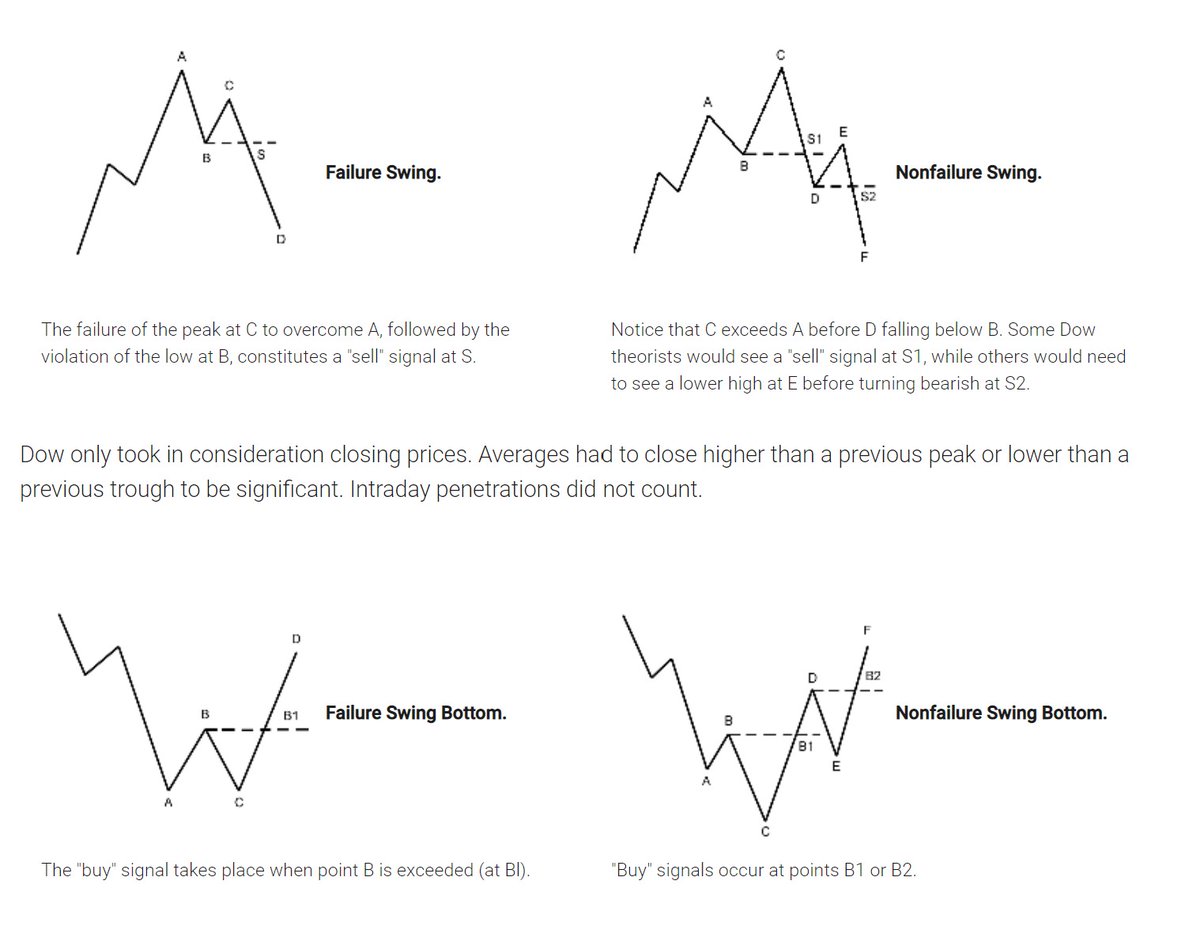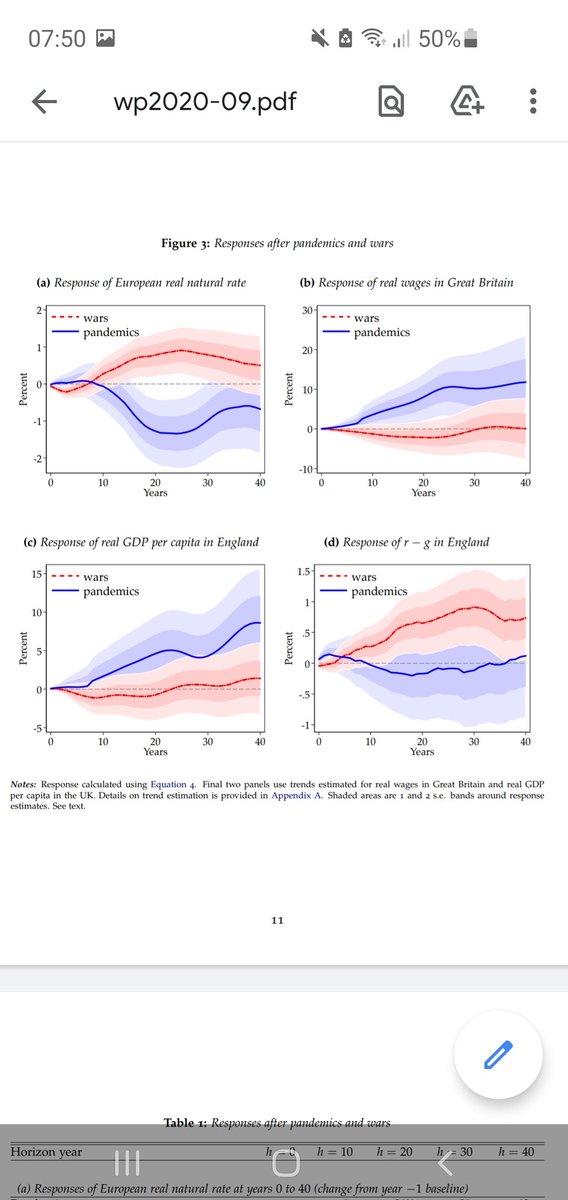Nice article from @MESandbu. This from a theme in sellside research before Christmas. Could the pandemic break secular stagnation & deliver a decade of strong growth?
\u201cYou do not have to be an economist, only human, to understand the desire to let loose, get together, and take risks after a year of cautiously locking down at home and distancing ourselves from one another.\u201d From a wonderful @MESandbu colhttps://t.co/MvFMmeLs5G
— Tony Tassell (@TonyTassell) January 1, 2021
More from Economy
True that all the people cherishing the support of IMF or WTO for farm reforms need to cool it down a bit, because that is a model we do not want to emulate to the t in India here.
But here are some issues that deserve to be better discussed by all:
1. People who say we are emulating the Western model of agriculture are way off with this assumption. The process of primitive accumulation, the alienation of their people from their land and the way these 'first-world' countries have pushed their people into Industrial sector +
+ was a merciless phase.
But the same assumption won't work for India, because we have always had a large workforce in agriculture, agri subsidies have always run high, protection has been the hallmark of agriculture and rural representation in the parliament has always been+
+ high. Still, it is our utter failure from the beginning that we have not been able to incentivize the movement of our people to other lucrative sectors.
2. This brings us to the another point of providing MSP on all the commodities and the demand side of the issue that we+
+ conveniently ignore. Here's the thing, Food prices in India have about 65-70% weight in calculating the Consumer Price Index and 25-30% of wholesale price index. These indices affect the general price level in the economy i.e. the inflation. If MSP is offered on all the+
But here are some issues that deserve to be better discussed by all:
WTO backed by Western countries have always wanted to dismantle support systems for farmers in developing countries including India while pumping in federal payments to its farmers. Trump gave 46 billion dollars in 2020 alone to US farmers. pic.twitter.com/0V34ZQQq4J
— Ranveer Singh (@ranveersiiingh) February 4, 2021
1. People who say we are emulating the Western model of agriculture are way off with this assumption. The process of primitive accumulation, the alienation of their people from their land and the way these 'first-world' countries have pushed their people into Industrial sector +
+ was a merciless phase.
But the same assumption won't work for India, because we have always had a large workforce in agriculture, agri subsidies have always run high, protection has been the hallmark of agriculture and rural representation in the parliament has always been+
+ high. Still, it is our utter failure from the beginning that we have not been able to incentivize the movement of our people to other lucrative sectors.
2. This brings us to the another point of providing MSP on all the commodities and the demand side of the issue that we+
+ conveniently ignore. Here's the thing, Food prices in India have about 65-70% weight in calculating the Consumer Price Index and 25-30% of wholesale price index. These indices affect the general price level in the economy i.e. the inflation. If MSP is offered on all the+
You May Also Like
So friends here is the thread on the recommended pathway for new entrants in the stock market.
Here I will share what I believe are essentials for anybody who is interested in stock markets and the resources to learn them, its from my experience and by no means exhaustive..
First the very basic : The Dow theory, Everybody must have basic understanding of it and must learn to observe High Highs, Higher Lows, Lower Highs and Lowers lows on charts and their
Even those who are more inclined towards fundamental side can also benefit from Dow theory, as it can hint start & end of Bull/Bear runs thereby indication entry and exits.

Next basic is Wyckoff's Theory. It tells how accumulation and distribution happens with regularity and how the market actually
Dow theory is old but
Here I will share what I believe are essentials for anybody who is interested in stock markets and the resources to learn them, its from my experience and by no means exhaustive..
First the very basic : The Dow theory, Everybody must have basic understanding of it and must learn to observe High Highs, Higher Lows, Lower Highs and Lowers lows on charts and their
Even those who are more inclined towards fundamental side can also benefit from Dow theory, as it can hint start & end of Bull/Bear runs thereby indication entry and exits.

Next basic is Wyckoff's Theory. It tells how accumulation and distribution happens with regularity and how the market actually
Dow theory is old but
Old is Gold....
— Professor (@DillikiBiili) January 23, 2020
this Bharti Airtel chart is a true copy of the Wyckoff Pattern propounded in 1931....... pic.twitter.com/tQ1PNebq7d



























